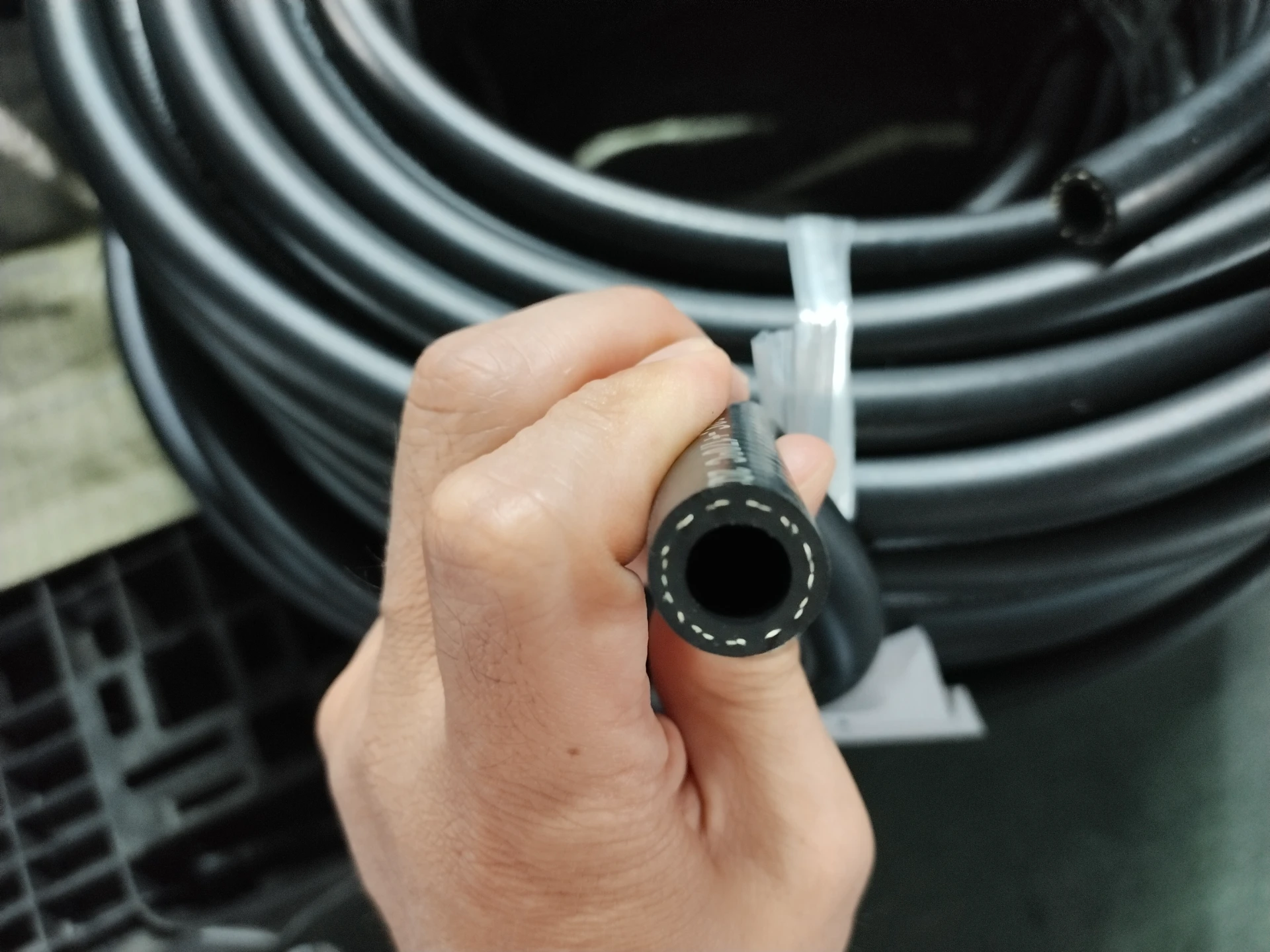brake line leaking
Sep . 19, 2024 03:43 Back to list
brake line leaking
Understanding Brake Line Leaking Causes, Symptoms, and Solutions
Brake lines play a critical role in the safety and performance of a vehicle. They transport hydraulic fluid from the master cylinder to the brake calipers, enabling the brakes to function correctly. However, brake line leaks can occur due to various factors, potentially leading to decreased braking efficiency and posing serious safety risks. Understanding the causes, symptoms, and solutions for brake line leaking is essential for maintaining your vehicle’s safety.
Causes of Brake Line Leaks
1. Corrosion One of the most common culprits of brake line leaks is corrosion. Brake lines are typically made from steel and are exposed to moisture, road salt, and other environmental factors that can promote rusting. Over time, this corrosion weakens the metal, ultimately resulting in leaks.
2. Physical Damage Brake lines can also be damaged due to physical impacts. Road debris, accidental jacking, or even improper installation of aftermarket parts can cause dents or punctures in the brake line.
3. Poor Installation If a brake line was not installed correctly, it may be prone to leaks. This is particularly common in cases where the lines are bent sharply or not secured properly, leading to stress fractures.
Symptoms of Brake Line Leaking
Identifying a brake line leak early is crucial. Common symptoms include
brake line leaking

- Spongy Brake Pedal If your brake pedal feels soft or spongy when pressed, it could indicate that air has entered the system, possibly due to a leak in the brake lines.
- Fluid Puddles Discovering fluid puddles underneath your vehicle, particularly near the wheels, can be a sign of leaking brake fluid. Brake fluid is typically clear to amber in color and has a distinct, slippery feel.
- Warning Lights Many modern vehicles are equipped with sensors that can detect issues with the brake system. If the brake warning light on your dashboard illuminates, it is essential to investigate further.
Solutions to Brake Line Leaking
If you suspect a leaking brake line, it is crucial to address the issue immediately. Start by visually inspecting the brake lines for any signs of damage or fluid. In most cases, it is best to consult a professional mechanic, as repairing or replacing brake lines requires specialized knowledge and tools.
Preventative maintenance is also key. Regularly inspecting your vehicle's brake system, especially before long trips or seasonal changes, can help catch any potential issues early.
In conclusion, being aware of brake line leaks and their implications is vital for the safety of you and your passengers. By understanding the causes, symptoms, and solutions, you can maintain your vehicle effectively and ensure a safer driving experience.
Latest news
-
Refrigeration Hose-HEBEI KEMO|Low Permeability&Pulse Resistance
NewsAug.12,2025
-
Refrigeration Hose-HEBEI KEMO AUTO PARTS TECHNOLOGY CO., LTD
NewsAug.12,2025
-
Refrigeration Hose - HEBEI KEMO AUTO PARTS TECHNOLOGY CO., LTD|Low Permeability&Ozone Resistance
NewsAug.12,2025
-
Durable AC Pressure Hose for Reliable AC System Repair
NewsAug.12,2025
-
Refrigeration Hose-HEBEI KEMO AUTO PARTS TECHNOLOGY CO., LTD|Low Permeability,Pulse-Resistance
NewsAug.11,2025
-
Refrigeration Hose-Hebei Kemao|Industrial Applications&Automotive Systems
NewsAug.11,2025
